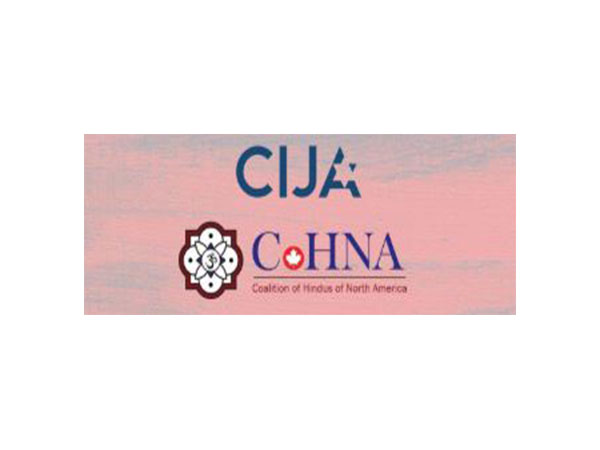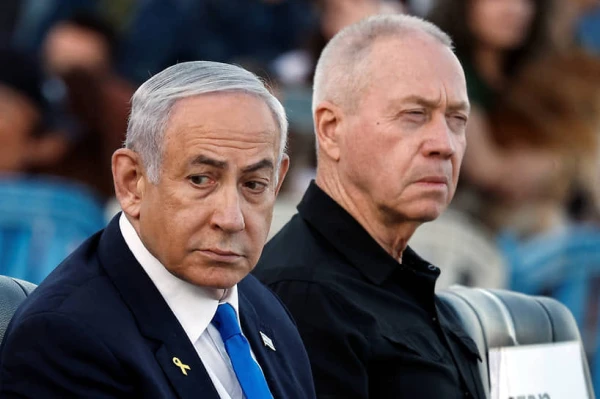Parliament Winter Session Kicks Off Amid High Tensions
The Parliament’s Winter Session commenced today, November 25, 2024, and is scheduled to run until December 20. The session is anticipated to be tumultuous, as the opposition gears up to challenge the government over key issues, including ethnic violence in Manipur and the indictment of businessman Gautam Adani by a US court on bribery allegations. Prime Minister Narendra Modi has urged lawmakers to engage in constructive discussions despite the expected uproar.
Key Developments from Day 1 of the Winter Session
Both the Lok Sabha and Rajya Sabha were adjourned shortly after convening, resuming their proceedings at 11 am on Wednesday. However, despite the early adjournment, the session already revealed a deep divide between the government and opposition members.
-
Waqf Amendment Bill: Among the 16 bills listed for consideration, the contentious Waqf Amendment Bill is a focal point. It aims to amend the Waqf Boards Act of 1995, imposing more government oversight on Waqf properties. Opposition leaders have claimed that the bill is intended to target the Muslim community, calling for further discussions before any decisions are made.
- Punjab Courts (Amendment) Bill: Another critical piece of legislation on the agenda is the Punjab Courts (Amendment) Bill, which seeks to enhance the pecuniary appellate jurisdiction of Delhi district courts significantly.
Prime Minister’s Call for Constructive Dialogue
In his customary address, Prime Minister Modi highlighted the importance of healthy discussions in the Parliament. He vehemently criticized opposition members, describing some as "rejected by the people 80-90 times." Modi warned that such disruptions jeopardize the efficacy of legislative proceedings and criticized them for stifling the voices of new MPs conveying innovative ideas.
“India gets little such opportunities it has today, and a message should go from the country that the voters and their dedication to democracy, Constitution, and faith in the parliamentary process are upheld by the members,” said Modi.
Opposition’s Strategy and Key Issues
The opposition, coordinated through meetings led by Congress MP Mallikarjun Kharge, aims to exert pressure on the government regarding several pressing issues:
-
Manipur Ethnic Violence: Opposition parties plan to raise concerns regarding continuous ethnic strife in Manipur, demanding accountability from the state government and a thorough investigation into the matter.
- The Adani Indictment: Congress members, including Pramod Tiwari, stressed that despite many pressing matters such as unemployment and pollution, the priority would be the allegations against Gautam Adani concerning a US court indictment over purported bribery.
Mallikarjun Kharge remarked on X, urging the government to hold a detailed discussion about the Adani saga, which he believes tarnishes India’s global image. "The hard-earned investments of crores of retail investors are at stake,” he added.
Legislative Background and Future Prospects
The Winter Session is significant not just for the contentious bills it encompasses but also because it marks the beginning of the 75th year of the Indian Constitution next month. This milestone is celebrated with great reverence in the parliamentary calendar, creating an atmosphere where issues of governance, rights, and responsibilities will be forefront.
Legislators are pushed to balance their actions against the backdrop of rising public scrutiny and the need for effective governance. The results of recent state elections further bolster the stakes for the ruling party, as coalition dynamics place additional pressure on legislative processes.
Engaging with the Public
As the proceedings unfold, interest from the public intensifies around how these issues will impact daily life and the political landscape in India. The Winter Session is poised to reflect broader societal sentiments, and lawmakers must navigate these complexities diligently.
What do you think about the issues being discussed this session? Share your thoughts in the comments below, and stay tuned for further updates as the parliamentary drama unfolds.
For more updates on Parliament proceedings, check our related articles on governance and public policy here. For detailed coverage and opinions, visit TechCrunch, The Verge, and Wired.
How might the heightened political tensions surrounding the Winter Session impact the government’s ability to pass legislation, particularly the contentious Waqf Amendment Bill and the Punjab Courts (Amendment) Bill?
## World Today News Exclusive Interview: Decoding the Winter Session Tumult
Welcome to World Today News, where we delve into the heart of current affairs. Today, we have the privilege of hosting two esteemed guests to discuss the highly anticipated Winter Session of Parliament, which kicked off amidst fierce political tension.
Joining us are:
* **Professor Ananya Roy:** A leading political analyst known for her incisive commentary on Indian politics and parliamentary affairs.
* **Advocate Karthik Sharma:** A renowned legal expert with extensive knowledge of constitutional law and legislative processes.
Let’s begin by setting the stage. Professor Roy, the article mentions that this session is expected to be “tumultuous.” Could you elaborate on the political climate leading up to it and the key factors contributing to this heightened tension?
**(Professor Roy responds.)**
Thank you, Professor Roy. That sets the scene effectively. Mr. Sharma, focusing on the legislative front, the article highlights two particularly contentious bills – the Waqf Amendment Bill and the Punjab Courts (Amendment) Bill. Could you shed light on the potential implications of these bills and why they are generating such strong reactions?
**(Advocate Sharma responds.)**
Moving on to the Opposition’s stance, the article mentions their intention to push hard on issues like the Manipur ethnic violence and the Gautam Adani indictment. Professor Roy, how do you see these issues playing out in the parliamentary debates, and what potential impact could they have on the government’s agenda?
**(Professor Roy responds.)**
Mr. Sharma, from a legal perspective, what are the potential legal ramifications of the Adani indictment and the Opposition’s demand for a thorough investigation? How might this issue unfold in the context of parliamentary proceedings?
**(Advocate Sharma responds.)**
This session is also significant because it coincides with the 75th anniversary of the Indian Constitution next month. Professor Roy, how do you see this historical milestone influencing the debates and the overall tone of the session?
**(Professor Roy responds.)**
as we conclude, I want to open the floor for both our guests to offer their perspectives on the broader implications of the Winter Session for Indian democracy and the future of governance. What key takeaways should the public be looking for as the parliamentary drama unfolds?
**(Both guests share their closing thoughts.)**
Thank you both for joining us today and providing valuable insights into this critical juncture in Indian politics. We encourage our viewers to engage in constructive dialog and stay informed about the ongoing developments in the Winter Session.
(Invite viewers to leave comments and share their thoughts.)


